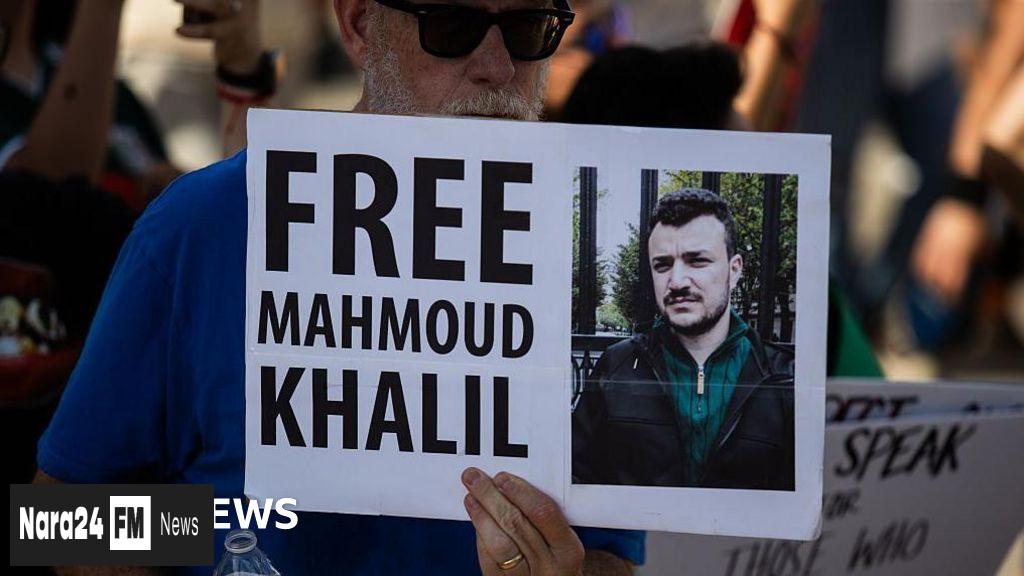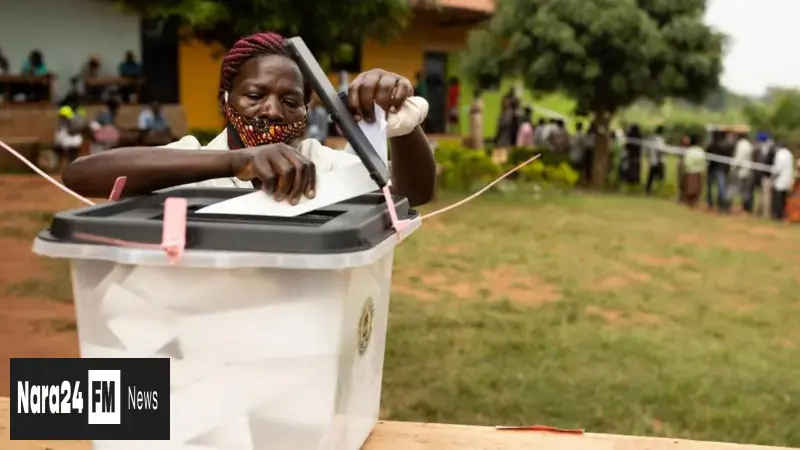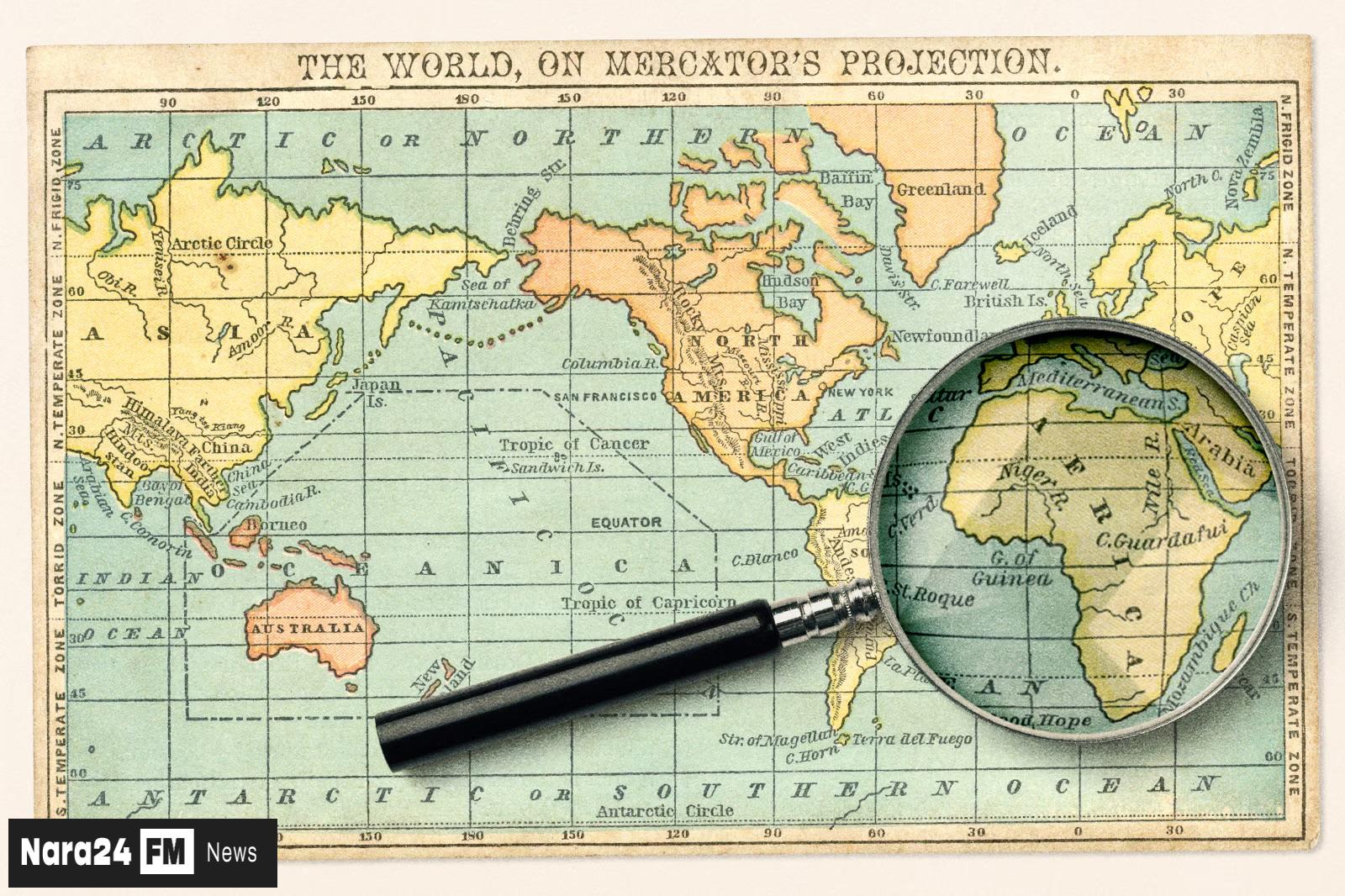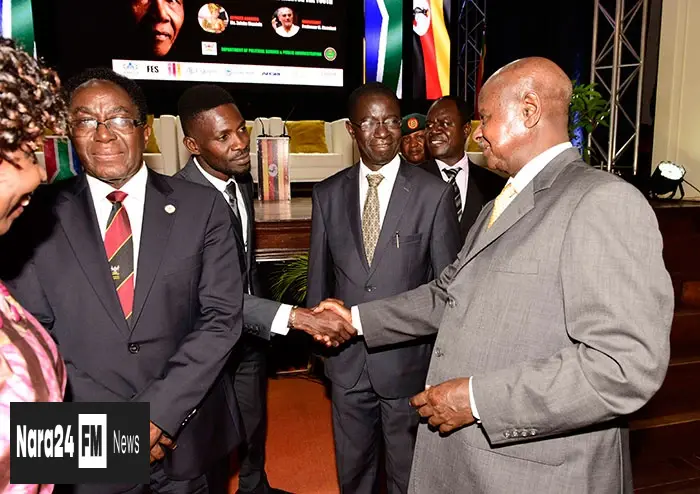In This Article
- Background of Mahmoud Khalil's Detention
- Judge's Decision on Bail Granting
- Legal Proceedings and Arguments
- Conditions of Mahmoud Khalil's Release
- Reactions to the Judge's Ruling
- White House Response and Future Plans
Key Takeaways
- Mahmoud Khalil, a Columbia University graduate and activist, has been granted release on bail after over three months in detention by US Immigration and Customs Enforcement.
- US District Judge Michael Farbiarz determined that Khalil does not pose a flight risk or a threat to his community, allowing him to be released during immigration proceedings.
- Khalil's detention was criticized as a violation of his free speech rights, with Judge Farbiarz expressing doubt about the government's reasons for detaining him.
- The ruling permits Khalil's release under certain conditions, including no electronic monitoring, domestic travel for family reasons, and immigration proceedings, though international travel is prohibited.
A federal judge has made a significant decision in the case of Mahmoud Khalil, a Columbia University graduate and activist, who has been granted release on bail after spending over three months in detention by US Immigration and Customs Enforcement.
Mahmoud Khalil was arrested by US Immigration and Customs Enforcement on March 8 in New York, becoming a symbol of the Trump administration's stance towards universities and foreign students. His arrest, which took place following his involvement in Columbia University's pro-Palestinian protests, led to demonstrations in both New York and Washington DC.
US District Judge Michael Farbiarz has determined that Mahmoud Khalil does not pose a flight risk or a threat to his community, thus allowing him to be released during immigration proceedings. Despite being detained, Khalil managed to graduate from Columbia University, with his wife accepting his diploma on his behalf during the ceremony.
The government has not formally charged Khalil with a specific crime but has been holding him under two charges. The case took a turn when Secretary of State Marco Rubio cited a section of the Immigration and Nationality Act, suggesting Khalil's presence in the US could have adverse foreign policy consequences. However, Judge Farbiarz ruled that this justification was likely unconstitutional.
Khalil's attorneys argued that his detention violated his free speech rights and requested his release on bail or a transfer closer to his family. After a two-hour hearing, Judge Farbiarz expressed doubt about the government's reasons for detaining Khalil. He criticized the use of immigration charges to punish Khalil for his activism.
The ruling now allows Mahmoud Khalil to be released from custody under certain conditions. He will not be required to wear electronic monitoring and will be given his passport and green card to return from Louisiana, where he has been held. While international travel will be prohibited, domestic travel for family reasons and immigration proceedings will be permitted.
Alina Das, co-director of the Immigrant Rights Clinic at New York University School of Law, expressed relief over the decision, emphasizing that no one should fear imprisonment for speaking out. Khalil's wife, Dr. Noor Abdalla, welcomed the ruling, stating that her family could finally be reunited.
On the other hand, the White House has accused Khalil of misconduct and stated that the judge did not have the jurisdiction to order his release. The White House spokeswoman, Abigail Jackson, mentioned plans for an appeal and eventual deportation of Khalil from the United States.








Comments (0)
Leave a Comment
Be the first to comment on this article!